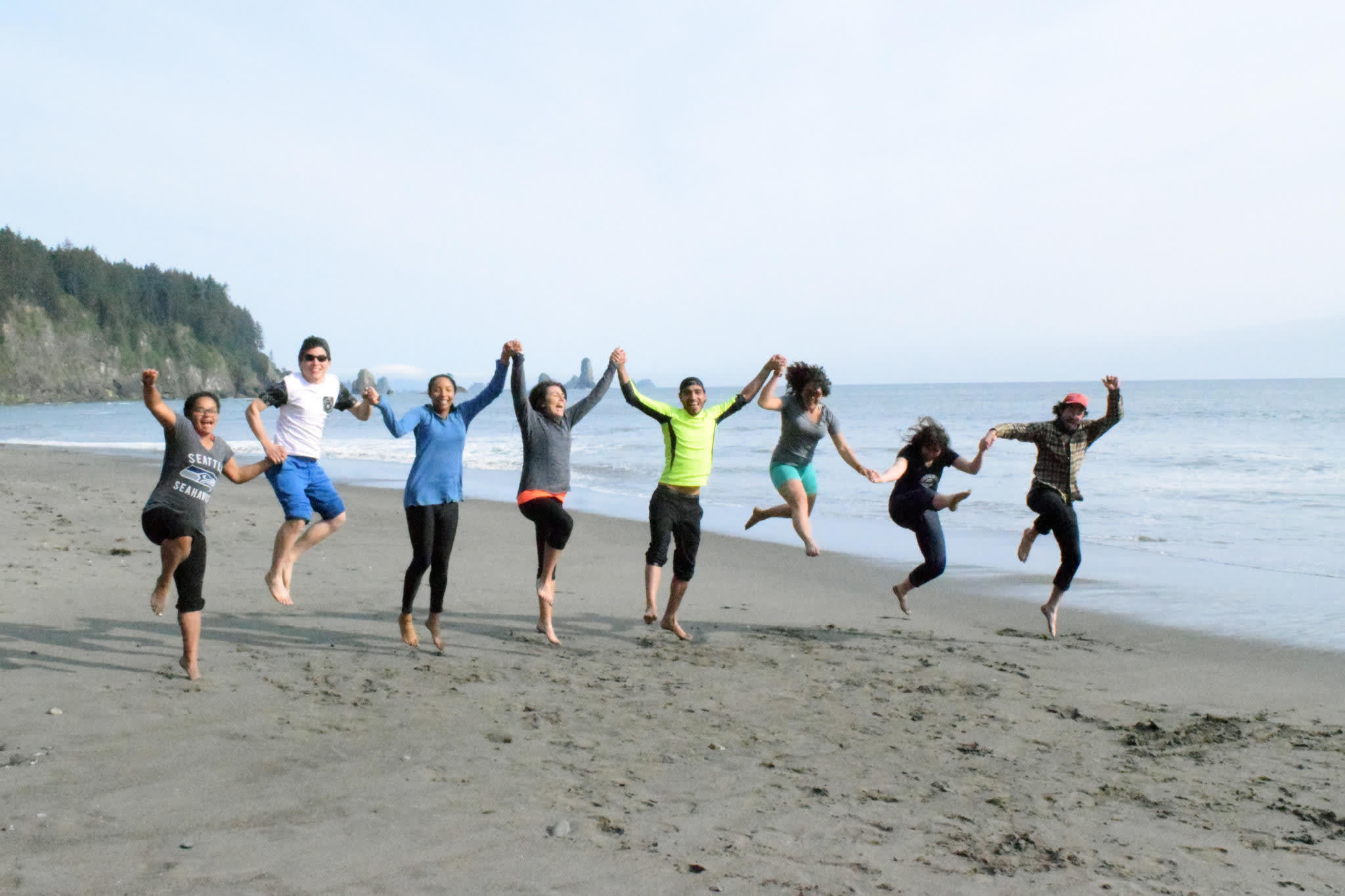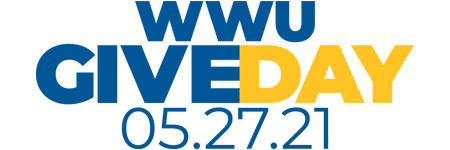
Located on the shore of Bellingham Bay, WWU has a long-standing connection to the Salish Sea. Despite broad interest among students and faculty, however, there has never been a single “place” to gather marine interest and expertise. That changed with the creation of the new Marine and Coastal Science (MACS) program.

"I was able to study and explore the amazing coast and ocean that brought me to Washington. I think about our days spent in the San Juan Islands regularly. I also met some of my closest friends through the program. The program allowed me to delve into important marine topics that have impacted my choices and interests." - WWU Marine Science Scholar
MACS is an interdisciplinary, experiential degree program that draws together experience, expertise, faculty, and other resources from the Departments of Biology, Chemistry, Environmental Sciences, and Geology, and the Shannon Point Marine Center. Our mission is to help students become confident, thoughtful, ethical scientists who are ready to address the growing challenges affecting our marine and coastal environments.

The MACS curriculum includes placed-based learning, hands-on research, and immersive, cohort-based educational experiences that transform students. While we work hard to keep expenses down, these out-of-the-classroom experiences in the field, on boats, and at the marine center carry real costs - costs that, in part, have to be borne by the students. 
To ensure cost does not exclude students with inadequate financial resources, we are developing the MACS Scholarship Fund. Your support will help fund program needs and scholarships for students with demonstrated financial need for whom a small award could make a big difference.
Please join us in ensuring equitable access for all students as we work to build our next generation of marine scientists and scholars. Thank You!

"I’m thrilled to be in MACS because it’s such a unique undergraduate opportunity with a hands-on & immersive learning emphasis. I also really appreciate MACS’s intersectionality of four different departments because, too often, it seems, institutions like to create boundaries between majors but it’s so vital to fabricate an environment that pulls from a diverse range of studies if we want to better understand the systems & interactions on this planet!" - Current MACS Student

